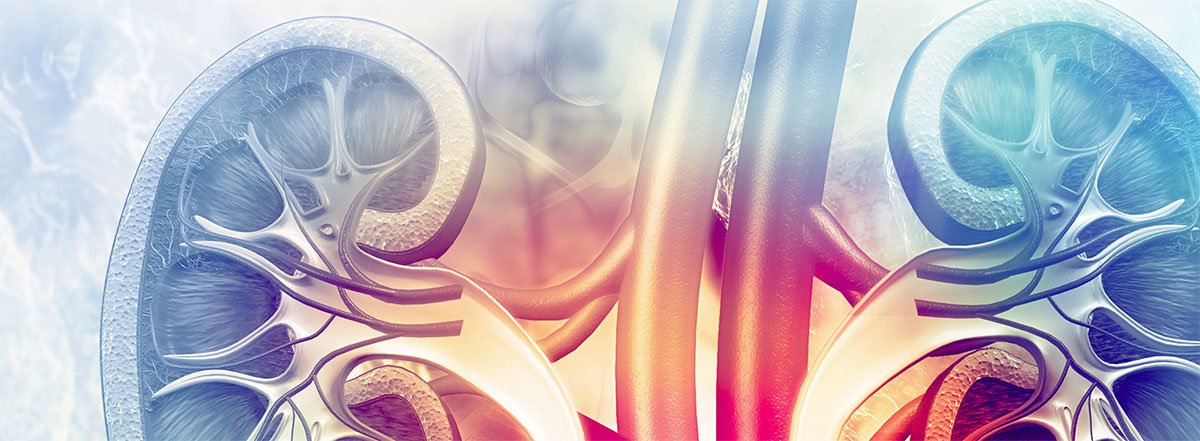What Is a Kidney Transplant?
A kidney transplant is a treatment option for people with kidney failure (also called end-stage kidney disease). In this procedure, a healthy kidney from a donor is placed into your body to take over the job your kidneys can no longer do. A new kidney can come from:
- A living donor – often a family member or friend; they don’t have to be related.
- A deceased donor – someone who chose to donate their organs after passing away.
Most people only need one working kidney to live a healthy life.
Why Consider a Kidney Transplant?
For many people with kidney failure, a transplant is the best treatment option. It can lead to:
- Longer life
- More energy
- Fewer diet restrictions
- Freedom from dialysis
- Better overall quality of life
Studies have shown that people who receive a kidney transplant tend to live longer and feel better than those who remain on dialysis.
What Are the Risks?
A kidney transplant is a major surgery, and like any surgery, it carries some risks:
- Infection or bleeding
- Surgical complications (rare)
- Organ rejection – your immune system may try to attack the new kidney
To prevent rejection, you'll need to take special medicines every day to lower your immune system. These medicines (called immunosuppressants) help protect your kidney but can raise your risk of:
- Infections
- Diabetes
- Certain types of cancer
Your doctor will monitor you closely and adjust your medications as needed to help keep you healthy.
Who Can Donate a Kidney?
Kidney donors must be:
- In good overall health
- Free of kidney disease or other serious health issues
- A compatible match with the person receiving the kidney
Testing is done by a transplant center to see if a donor and recipient are a good match. If your donor is not a good match, the two of you can be placed in a “donor swap” program in which you agree to exchange donors with another patient, so that you both can receive a kidney from someone who is a better match. If you don’t have a living donor, you can be placed on the national transplant waiting list to receive a kidney from a deceased donor. Unfortunately, the wait for a deceased donor is typically long –and you may be waiting for years.
Who Is Eligible for a Transplant?
Most people with kidney failure can be considered for a transplant, but some health conditions may make the surgery too risky. A
transplant might not be recommended if someone has:
- Active or recent cancer
- Serious heart or blood vessel disease
- Dementia or severe mental illness that isn’t well-controlled
- Very high body weight (BMI over 35)
- Ongoing drug or alcohol use
- A history of not following medical advice or treatments
Each person is evaluated individually. Some conditions, such as HIV, no longer rule out transplant if well managed.
How Do I Get Started?
Talk to your Renal Specialists of Houston provider about whether transplant is right for you. If you’re a candidate, you’ll be referred to a transplant center for a full evaluation. This includes blood tests, imaging, and meetings with our transplant nephrologists to make sure you’re ready and healthy enough for the surgery.
If you qualify, the next steps include:
- Finding a living donor (if possible)
- Joining the transplant waitlist if a donor isn’t immediately available
- Preparing your body and mind for the surgery and life afterward
What Happens After the Transplant?
After a successful transplant:
- The new kidney often starts working right away.
- You’ll stay in the hospital for several days.
- You’ll take medicines daily to prevent rejection and protect your kidney.
- You’ll need regular checkups and blood tests to monitor how your kidney is working.
Why Choose Us?
At Renal Specialists of Houston, we’ve helped thousands of patients through every step of the kidney transplant journey—from evaluation to surgery to lifelong care afterward. Our practice played an integral role in starting the kidney transplant program at St. Luke’s Hospital in 1986, and since then we have held leadership positions in transplant. One of our nephrologists, Dr. Katherine Timmins, currently serves as program director at Baylor St. Luke’s Medical Center. We also serve as transplant nephrologists at The Methodist Hospital.
A Kidney Transplant Is a Gift of Life
A kidney transplant can give you more freedom, better health, and a fresh start. It’s not the right choice for everyone, but for many, it’s the best path forward. Talk to your Renal Specialists of Houston provider to learn more about whether this is the right step for you.
When you subscribe to the blog, we will send you an e-mail when there are new updates on the site so you wouldn't miss them.



